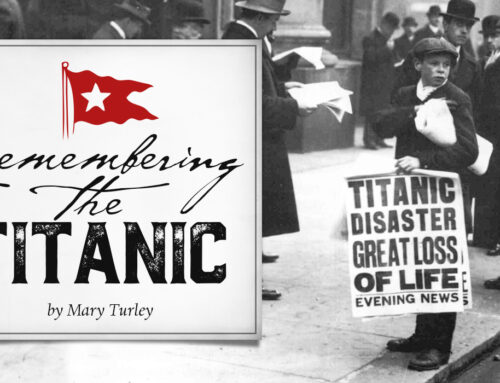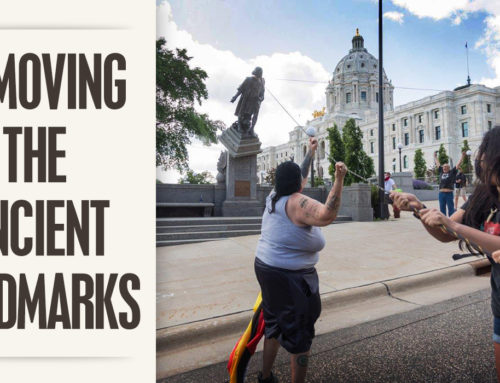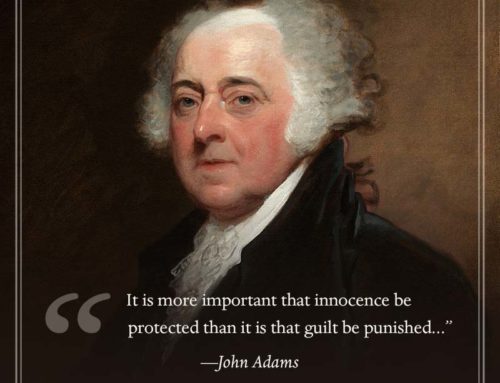

Military Historian, Bill Potter
One of the greatest spiritual awakenings in history since the Protestant Reformation, occurred in the Southern armies during the American War Between the States. Many thousands of men professed Christ and many thousands of others were renewed in their faith through the faithful preaching of the Word of God by chaplains, missionaries, pastors in and outside the army, and evangelists.
While there is a record of conversions in the Northern armies also, they were simply not on the scale of the broad-based “revival” that swept through the South.
Our Civil War in the West tour includes some of the most compelling stories for men and women, young and old, of any tour. Accounts of great sacrifice, selfless service, noble heroism and remarkable foresight abound in this unique insight into God’s providence amongst civilians and soldiers alike. Get more information and register for the Civil War in the West Tour!
A Remarkable Outpouring of the Holy Spirit
In two books of the times are recorded the stories and anecdotes of the great awakening, The Great Revival in the Confederate Armies by W.W. Bennett and Christ in the Camp by J. William Jones, both reprinted in modern times by Sprinkle Publications of Harrisonburg, VA. Letters, diaries, and memoirs across the Confederacy told the story of the remarkable outpouring of the Holy Spirit in power among the troops in gray.
In the Army of Tennessee, “Its [the revival] influence transcended the ranks, extending from the commanding general to the lowest private. The cohesiveness of the army cannot be fully understood without considering its . . . religious pilgrimage.” (Larry Daniel in Soldiering in The Army of the Tennessee, p.115) The evidence is overwhelming and the modern historians do not know how to explain it. Overflow crowds of soldiers gathered for worship and the chaplains were overwhelmed with trying to reach them all with the sermons. One of General Bragg’s soldiers recorded that a good preacher would draw a thousand men in his brigade alone. The Texas Rangers held nightly meetings for a month in 1863, and the interest in the Gospel lasted to the end of the war. Generals Bragg, Hood, and even President Jefferson Davis all made professions of faith and were baptized during the war.
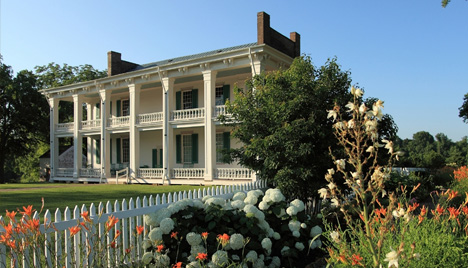
Carnton Plantation, Home of the McGavock Family
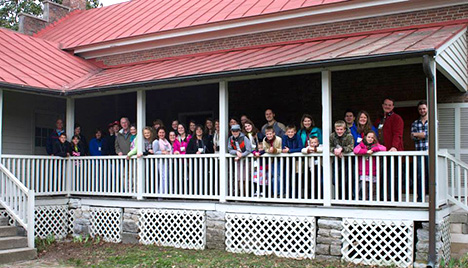
Home of Fountain Branch Carter
One soldier recorded that around the campfires in his regiment “could be heard the sweet songs of Zion” being sung in the evenings. Prayer meetings and Bible studies sprang up in the tents of Christian soldiers and chaplains formed Christian associations for believers. Multiple thousands of tracts and Bibles were distributed by colporteurs throughout the army. One of the most oft-observed aspects of the great revivals were their ecumenical nature. The Protestant chaplains all emphasized repentance and faith for salvation and holy living. The sovereignty of God and the responsibility of man were preached together without reference to one’s denominational preference. Estimates of the number of men who professed faith in Christ in the Confederate armies during the war range between 15,000 and 50,000. Only God really knows.
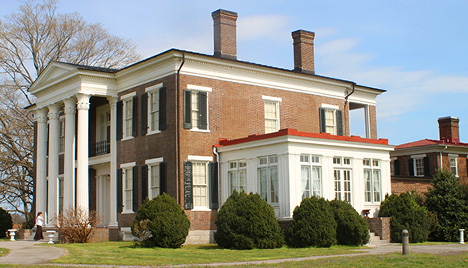
Rippavilla Plantation, Spring Hill, Tennessee
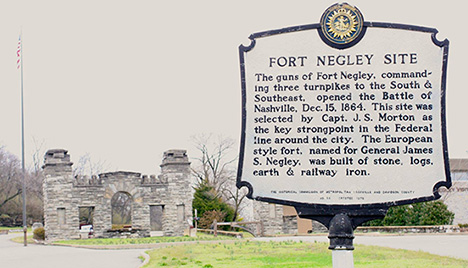
Fort Negley – Union Stronghold of Nashville
Of course the scoffers and the careless did not disappear, but their numbers dwindled as the war progressed. The awakening swept through the hospitals and prisons as well, and even churches back home were affected. In the Army of Tennessee, which would be virtually destroyed at Franklin and Nashville, Baptist minister and Brigadier General Mark Lowry preached to his own men and provided great encouragement to the work of the chaplains. Some of the letters and diaries record that in regiments where the Spirit of God had been active in changing men’s hearts, the rates of desertions declined and the men stood stronger in the day of battle. When a man is sure of his eternal destiny he is more likely to do his duty in the face of death, knowing his life is ultimately in God’s hands. People have asked many times how the Southern army could have gone to their deaths at Franklin with such resignation and dignity. I believe the spiritual awakening that had been the powerful experience of many of those men cannot be discounted in the answer.


